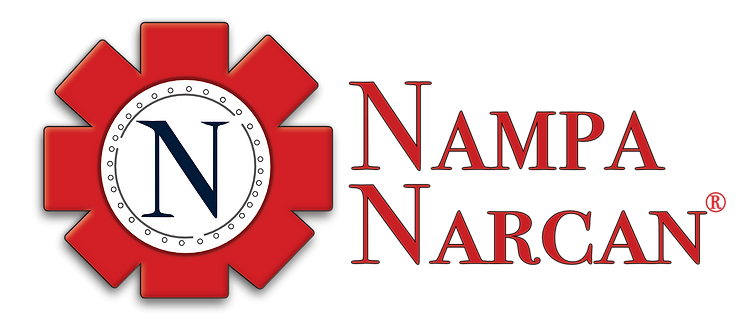Know Your Protections
Medical Assistance and Good Samaritan Laws
MEDICAL ASSISTANCE LAW
A person who acts in good faith to seek medical assistance for someone experiencing an opiate or fentanyl overdose will not be charged or prosecuted for possessing or using drugs or for being under the influence of opioids. – simple version
ACTUAL LAW
(1) A person acting in good faith who seeks medical assistance for any person experiencing a drug-related medical emergency shall not be charged or prosecuted for possession of a controlled substance pursuant to section 37-2732(c) or (e), Idaho Code, for using or being under the influence of a controlled substance.
GOOD SAMARITAN LAW
In this state, those who administer Narcan in good faith and without compensation during an opioid overdose are generally protected from civil lawsuits, unless they exhibit gross negligence. This protection ends when the individual is taken to a recognized hospital or when another qualified person takes over their care, or when they are handed over to an ambulance attendant.- simple version
ACTUAL LAW
5-330
IMMUNITY OF PERSONS GIVING EMERGENCY FIRST AID FROM DAMAGE CLAIM.
That no action shall lie or be maintained for civil damages in court of this state against any person or persons, or group of persons, who in good faith and without compensation, being at, stopping at the scene of an accident or emergency, offers and administers emergency first aid or emergency medical attention person or persons injured in such accident or emergency unless be shown that the person or persons offering or administering emergency first aid or emergency medical attention, is guilty of gross negligence in the care or treatment of said injured person or persons or has treated them in a grossly negligent manner. The immunity described herein shall cease upon delivery of the injured person to either a generally recognized hospital for treatment of ill or injured persons, or upon assumption of treatment in the office or facility of any person undertaking to treat said injured person or persons, or upon delivery of said injured person or persons into custody of an ambulance attendant.

